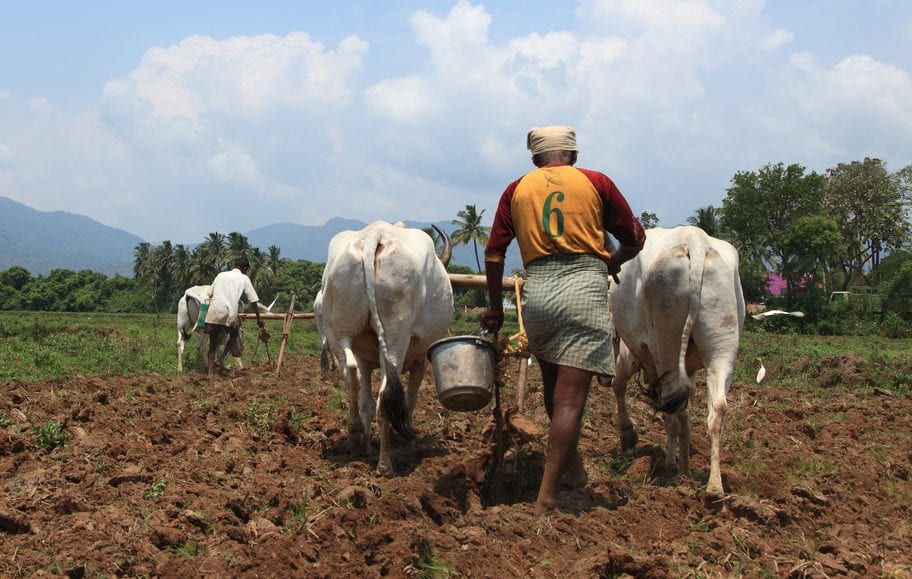
‘20 years on, 5 lakh farmers in TN still waiting for subsidised power’
About five lakh farmers in Tamil Nadu have been waiting for subsidised power connection for their pump sets for the past 20 years, alleged a farmer leader in Chennai on Friday (November 29). Subsidised power connection was introduced in the state’s agricultural sector in the late 1970s.

About five lakh farmers in Tamil Nadu have been waiting for subsidised power connection for their pump sets for the past 20 years, alleged a farmer leader in Chennai on Friday (November 29). Subsidised power connection was introduced in the state’s agricultural sector in the late 1970s.
According to Cauvery Dhanapal, president, Federation of Tamil Nadu Farmers Association, around three to five lakh farmers have not received subsidised power connection because of the acute electricity shortage in the state. “Increasing the power generation has never been a priority for the state government,” Dhanapal alleged.
Speaking at a national conference on consumer engagement in the electricity sector held in the state capital, Dhanapal said the power consumption by agriculture sector has increased because of rampant boring.
Also read | Grow millets that require less water to end Cauvery dispute, says expert
“Borewell irrigation is used in 17% of the total 40 lakh hectares of agricultural lands across the state. The state government allocates about ₹750 crore annually for providing subsidised power,” he added.
In 1998, around 18 lakh pump sets were used in the state, but the number now has increased to 24 lakh, he said. “About 60% of the pump sets are used in the Delta districts, due to which, the region used to contribute 52% to the total food production by the state. But now it has been reduced to 36%,” he added.
Dhanapal said the major reason for this decline in food production in the Delta region is the rampant extraction of groundwater, which leads to salinisation of the land. The other reason was the Cauvery dispute, he said.
Also read | Future of farming: Charging growers for outcomes instead of inputs
After the DMK came to power, he said, a ‘1,000 point program’ was introduced in the state, under which, a ‘land development bank’ was created and the government started providing 1,000 free pump sets every year between late 60s and late 80s. “This led to the increase in usage of pump sets in the state,” he lamented.
In the initial years, borewell irrigation increased the cultivation and provided employment opportunity for 83 days, he claimed. “But it soon became a curse. Take Nagapattinam district for instance. It has 11 blocks, of which 10 were termed as ‘black belt blocks’ since they have no groundwater. Due to this, 57% of the land there has become useless for agriculture,” Dhanapal added.
In order to encourage the use of solar power, the state government had in 2017 introduced a scheme providing 90% subsidy on solar pump sets to farmers willing to quit the waiting list for subsidised power connection.
Also read | If the BJP has a water strategy to woo TN, now is the time to unroll it in Cauvery
“But the scheme has disadvantages as the 5hp pump sets won’t run efficiently in the night. After 6 pm, when there’s no sunlight, a farmer will not be able to save solar power. Also, there is no guarantee for the solar panels. Some farmers, who have a secondary source of income, can pay ₹3 lakh to ₹7 lakh under ‘tatkal’ and get priority in getting subsidised power connection. But those who wholly depend on agriculture cannot afford that,” said Dhanapal.
To reduce dependency on conventional electricity, he demands that the central and state governments must provide subsidies to biogas plants to run the pump sets.

